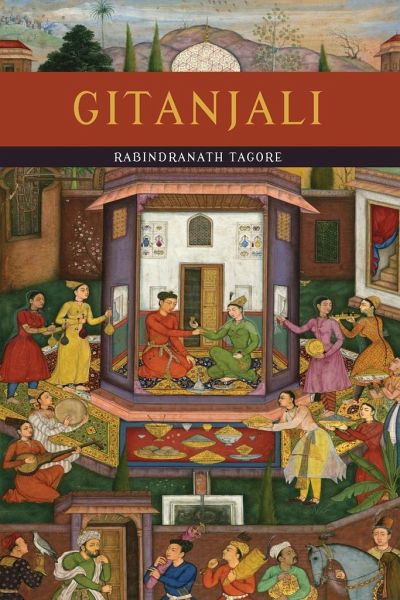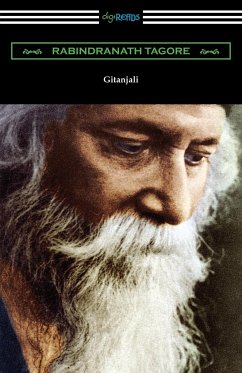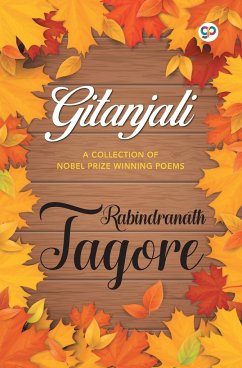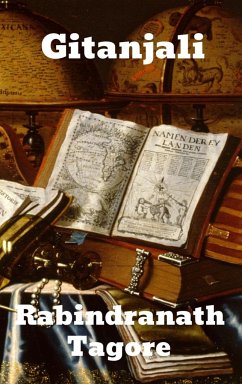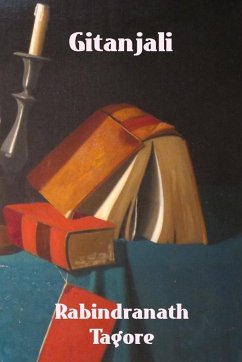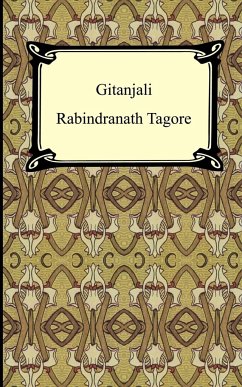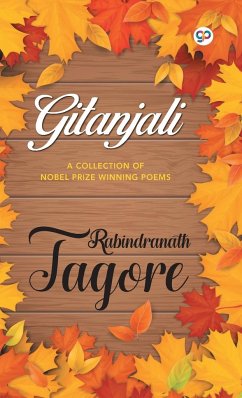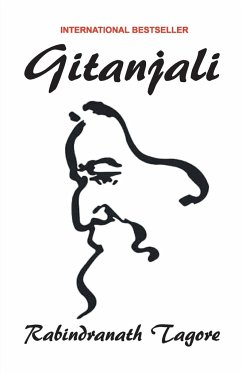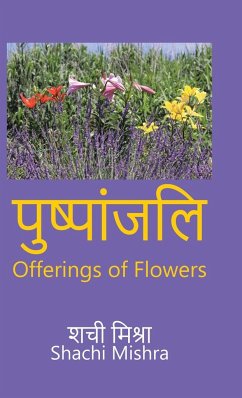Rabindranath Tagore (7th May 1861 - 7th August 1941) was an iconic figure in the Indian cultural renaissance. He was a polymath poet, philosopher, musician, writer, and educationist. Rabindranath Tagore became the first Asian to win the Nobel Prize in 1913 for his collection of poems, Gitanjali. He was called Gurudev, Kaviguru, and Biswakabi affectionately and his songs are popularly known as Rabindra Sangeet.Although Tagore wrote successfully in all literary genres, he was, first of all, a poet. Among his fifty and odd volumes of poetry are:Manasi (1890) (The Ideal One), Sonar Tari (1894) (The Golden Boat), Gitanjali (1910) (Song Offerings), Gitimalya (1914) (Wreath of Songs), and Balaka (1916) (The Flight of Cranes).The English renderings of his poetry, which include The Gardener (1913), Fruit-Gathering (1916), and The Fugitive (1921), do not generally correspond to particular volumes in the original Bengali.Tagore's major plays are Raja (1910) [The King of the Dark Chamber], Dakghar (1912) [The Post Office], Achalayatan (1912) [The Immovable], Muktadhara (1922) [The Waterfall], and Raktakaravi (1926) [Red Oleanders].He is the author of several volumes of short stories and many novels, among them Gora (1910), Ghare-Baire (1916) [The Home and the World], and Yogayog (1929) [Crosscurrents].Besides these, he wrote musical dramas, dance dramas, essays of all types, travel diaries, and two autobiographies, one in his middle years and the other shortly before his death in 1941. Tagore also left numerous drawings and paintings, and songs for which he wrote the music himself.He also played the title role in his first original dramatic piece- Valmiki Pratibha.
